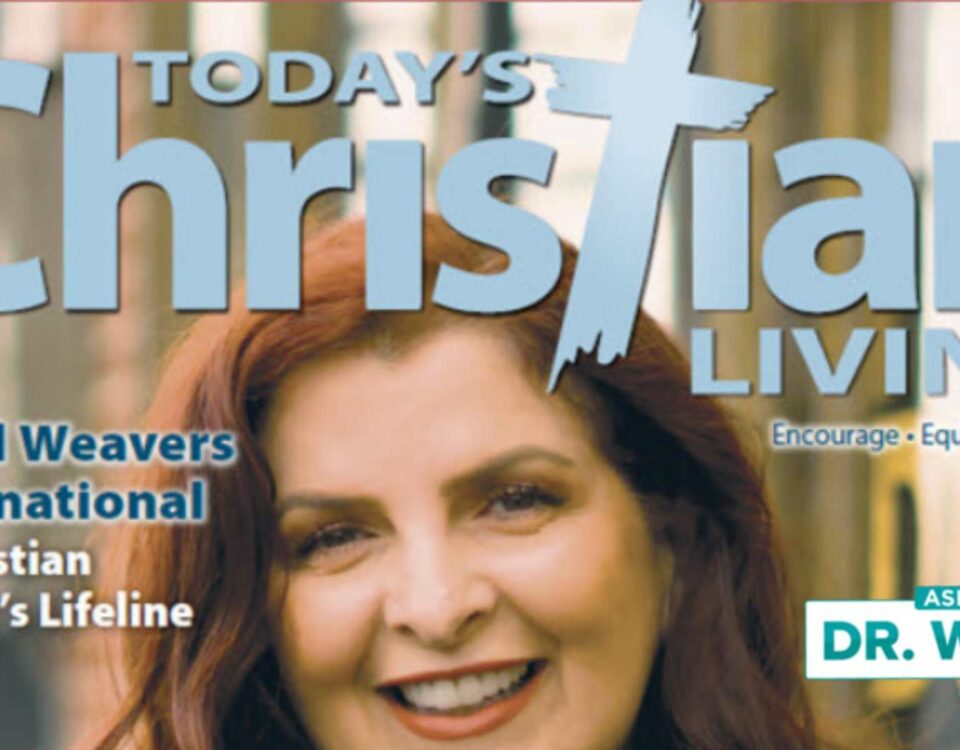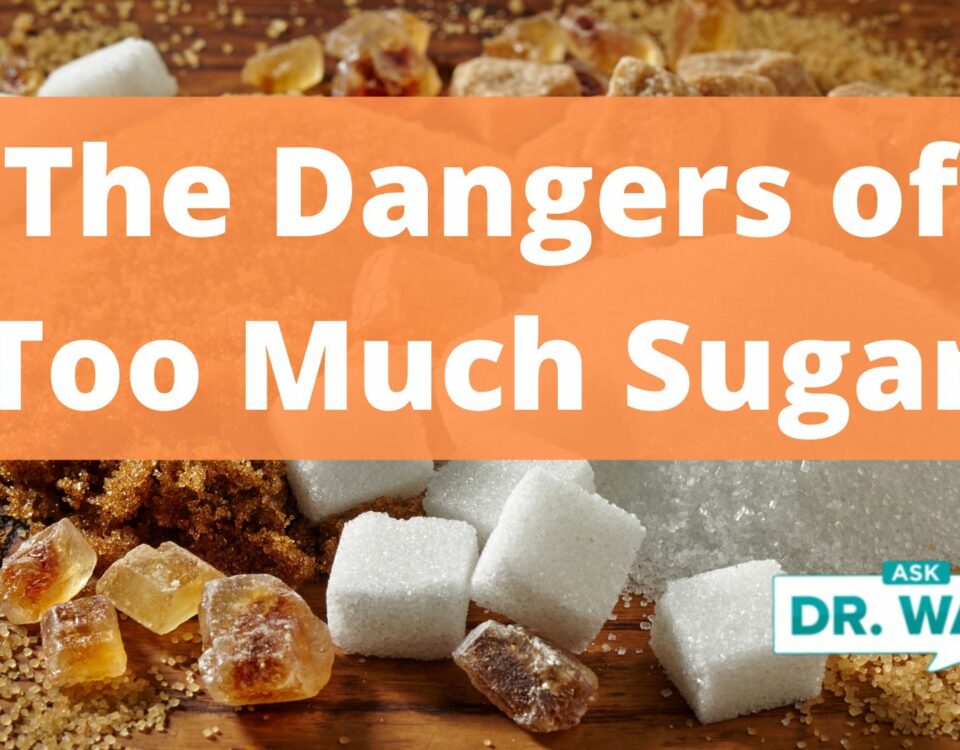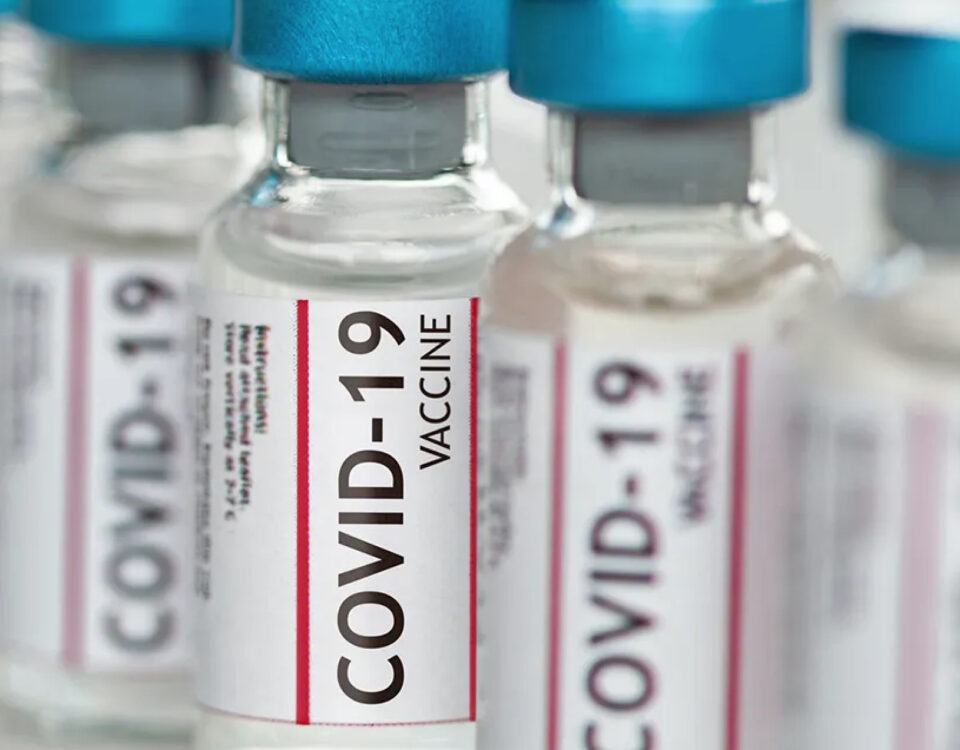Opposition to parents spanking their children has been growing significantly in elite circles over the past few years. And, my blogs on spanking are among the most read of those I publish. Therefore, I’ve decided to, with the help of the research of my friends Den Trumbull, MD, S. DuBose Ravenel, MD, to look a the arguments used against spanking, to see if they hold any water. This is the seventh in a 12 part series.
OppositionOpposition to parents spanking their children has been growing significantly in elite circles over the past few years. And, my blogs on spanking are among the most read of those I publish. Therefore, I’ve decided to, with the help of the research of my friends Den Trumbull, MD, S. DuBose Ravenel, MD, to look a the arguments used against spanking, to see if they hold any water. This is the seventh of a 12 part series.
More Information:
Argument #6: Spanking teaches a child that “might makes right,” that power and strength are most important and that the biggest can force their will upon the smallest.
Counterpoint: Parental power is commonly exerted in routine child rearing and spanking is only one example. Other situations where power and restraint are exercised by the average parent include:
The young child who insists on running from his parent in a busy mall or parking lot.
The toddler who refuses to sit in his car seat.
The young patient who refuses to hold still as a vaccination is administered, or as a laceration is repaired.
Power and control over the child are necessary at times to ensure safety, health and proper behavior. Classic child rearing studies have shown that some degree of power, assertion,[5] and firm control[6] is essential for optimal child rearing. When power is exerted in the context of love and for the child’s benefit, the child will not perceive it as bullying or demeaning.
Here’s the entire series:
• Introduction
• Argument #1: Many psychological studies show that spanking is an improper form of discipline.
• Argument #2: Physical punishment establishes the moral righteousness of hitting other persons who do something which is regarded as wrong.
• Argument #3: Since parents often refrain from hitting until the anger or frustration reaches a certain point, the child learns that anger and frustration justify the use of physical force.
• Argument #4: Physical punishment is harmful to a child.
• Argument #5: Physical punishment makes the child angry at the parent.
• Argument #6: Spanking teaches a child that “might makes right,” that power and strength are most important and that the biggest can force their will upon the smallest.
• Argument #7: Spanking is violence.
• Argument #8: Spanking is an ineffective solution to misbehavior.
• Argument #9: Adults who were spanked as children are at risk for using violence as a means of resolving conflicts as adults.
• Argument #10: Spanking leads a parent to use harmful forms of corporal punishment which lead to physical child abuse.
• Argument #11: Spanking is never necessary.
— By Den A. Trumbull, M.D. and S. DuBose Ravenel, M.D. Dr. Trumbull is a board-certified pediatrician in private practice in Montgomery, Alabama. He is Vice President of the American College of Pediatricians. Dr. Ravenel is a board-certified pediatrician in private practice in High Point, North Carolina. He served for 11 years on the pediatric faculty of the University of North Carolina School of Medicine prior to entering private practice.
You can read more of my blogs on spanking here:
• Is Spanking Associated with Child Abuse? https://www.drwalt.com/blog/?p=337
• The ABCD’s of Parenting – Part 7 – Discipline https://www.drwalt.com/blog/?p=146
• Spanking a Child – Is it Good or Bad? https://www.drwalt.com/blog/?p=50
to parents spanking their children has been growing significantly in elite circles over the past few years. And, my blogs on spanking are among the most read of those I publish. Therefore, I’ve decided to, with the help of the research of my friends Den Trumbull, MD, S. DuBose Ravenel, MD, to look a the arguments used against spanking, to see if they hold any water. This is the seventh of a 12 part series.
More Information:
Argument #6: Spanking teaches a child that “might makes right,” that power and strength are most important and that the biggest can force their will upon the smallest.
Counterpoint: Parental power is commonly exerted in routine child rearing and spanking is only one example. Other situations where power and restraint are exercised by the average parent include:
The young child who insists on running from his parent in a busy mall or parking lot.
The toddler who refuses to sit in his car seat.
The young patient who refuses to hold still as a vaccination is administered, or as a laceration is repaired.
Power and control over the child are necessary at times to ensure safety, health and proper behavior. Classic child rearing studies have shown that some degree of power, assertion,[5] and firm control[6] is essential for optimal child rearing. When power is exerted in the context of love and for the child’s benefit, the child will not perceive it as bullying or demeaning.
Here’s the entire series:
• Introduction
• Argument #1: Many psychological studies show that spanking is an improper form of discipline.
• Argument #2: Physical punishment establishes the moral righteousness of hitting other persons who do something which is regarded as wrong.
• Argument #3: Since parents often refrain from hitting until the anger or frustration reaches a certain point, the child learns that anger and frustration justify the use of physical force.
• Argument #4: Physical punishment is harmful to a child.
• Argument #5: Physical punishment makes the child angry at the parent.
• Argument #6: Spanking teaches a child that “might makes right,” that power and strength are most important and that the biggest can force their will upon the smallest.
• Argument #7: Spanking is violence.
• Argument #8: Spanking is an ineffective solution to misbehavior.
• Argument #9: Adults who were spanked as children are at risk for using violence as a means of resolving conflicts as adults.
• Argument #10: Spanking leads a parent to use harmful forms of corporal punishment which lead to physical child abuse.
• Argument #11: Spanking is never necessary.
— By Den A. Trumbull, M.D. and S. DuBose Ravenel, M.D. Dr. Trumbull is a board-certified pediatrician in private practice in Montgomery, Alabama. He is Vice President of the American College of Pediatricians. Dr. Ravenel is a board-certified pediatrician in private practice in High Point, North Carolina. He served for 11 years on the pediatric faculty of the University of North Carolina School of Medicine prior to entering private practice.
You can read more of my blogs on spanking here:
• Is Spanking Associated with Child Abuse? https://www.drwalt.com/blog/?p=337
• The ABCD’s of Parenting – Part 7 – Discipline https://www.drwalt.com/blog/?p=146
• Spanking a Child – Is it Good or Bad? https://www.drwalt.com/blog/?p=50
Argument #6: Spanking teaches a child that “might makes right,” that power and strength are most important and that the biggest can force their will upon the smallest.
Counterpoint: Parental power is commonly exerted in routine child rearing and spanking is only one example.
Other situations where power and restraint are exercised by the average parent include:
- The young child who insists on running from his parent in a busy mall or parking lot.
- The toddler who refuses to sit in his car seat.
- The young patient who refuses to hold still as a vaccination is administered, or as a laceration is repaired.
Power and control over the child are necessary at times to ensure safety, health and proper behavior.
Classic child rearing studies have shown that some degree of power, assertion, and firm control is essential for optimal child rearing.
When power is exerted in the context of love and for the child’s benefit, the child will not perceive it as bullying or demeaning.
Here’s the entire series:
You can read more of my blogs on spanking here:
By the way, an introduction is in order. Den A. Trumbull, MD is a board-certified pediatrician in private practice in Montgomery, Alabama. He is Vice President of the American College of Pediatricians. S. DuBose Ravenel, MD is a board-certified pediatrician in private practice in High Point, North Carolina. He served for 11 years on the pediatric faculty of the University of North Carolina School of Medicine prior to entering private practice.






